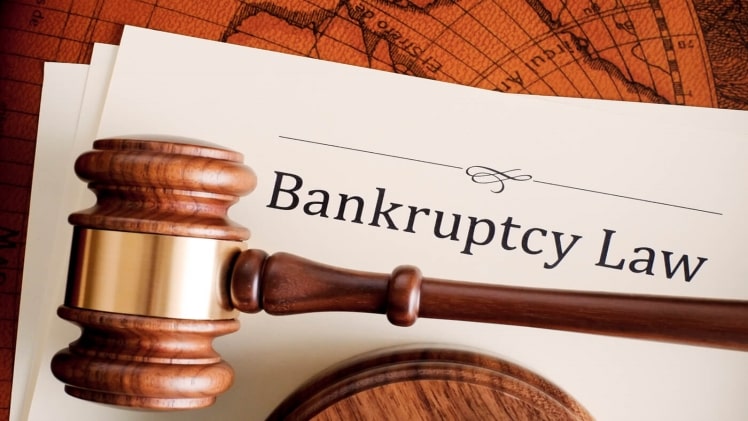Chapter 7 bankruptcy is a popular option for those who can’t afford to pay back their debt. With this bankruptcy, your assets can be liquidated or sold to pay your creditors back. Although a lot of people think that filing for this kind of bankruptcy will indicate financial failure, it offers many benefits. If you are willing to address your debt, a skilled Chapter 7 bankruptcy lawyer can help you understand your options and the benefits of Chapter 7 bankruptcy. Your lawyer will determine whether this form of bankruptcy is the right option for you.
Should You Hire a Lawyer?
A great bankruptcy lawyer will help you gain maximum benefits from the bankruptcy process. They will guide you through every step of the process, ensuring you get the best result possible. When you try to manage bankruptcy by yourself, you may end up missing important steps that can affect your exemptions. Also, you may miss debt categories that can be included in the discharge of your debt. Making even simple mistakes can drag your case longer and it may not be possible to discharge some debts. By having an attorney fighting for you, you will be confident that the process will go smoothly.
Benefits of Chapter 7 Bankruptcy
Dealing with your financial hardships can be quite intimidating. Thankfully, you can rebuild your finances when you file for Chapter 7 bankruptcy. Below are the benefits of this type of bankruptcy:
- Debt discharge. A Chapter 7 bankruptcy can pay off your debts quickly or get much of them discharged. Indeed, this bankruptcy case can sometimes be completed in less than six months. Once you file for this type of bankruptcy, you are not obliged to repay your qualifying debts. Debts such as personal loans and credit card debt can be eliminated with this bankruptcy.
- Automatic stay. When you file for Chapter 7 bankruptcy, an automatic stay takes effect right away. This means that your creditors will not be permitted to collect on your debt or harass you.
- Property exemptions. A Chapter 7 bankruptcy filing does not mean selling all of what you own. Some legal exemptions let you keep important possessions such as your house, cars, household goods, and personal care items.
- Credit score. If you choose to file for Chapter 7 bankruptcy, your credit score can take a hit. But, this filing will let you rebuild your score over time. After years of being declared bankrupt, you can start rebuilding your credit by getting a secured credit card or taking out a loan from some lenders.

